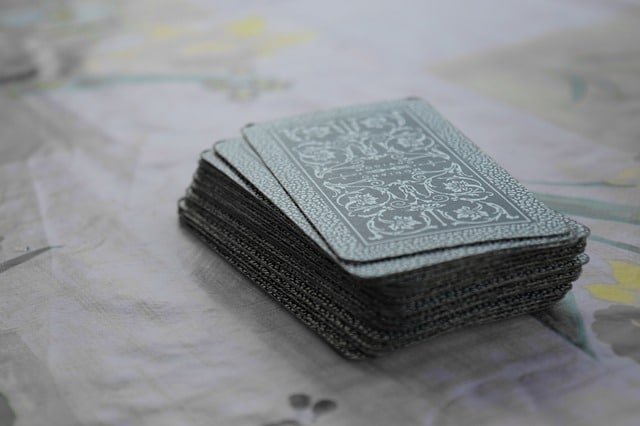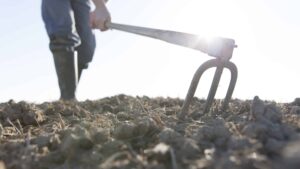The health crisis and the containment measures taken in several countries have placed seed producers in the face of unforeseen difficulties at a key moment in their business. Russia is a very representative example since the passage of goods at the borders of this key market was subject to reinforced constraints only a few days before the start of sowing. It appears that producing locally can become an asset in many fields for a seed company.
First of all, producing locally makes it possible to secure the supply chain (import permits, taxes, growing customs issues, logistics costs…) for better customer satisfaction. For this, it is necessary to make agro-industrial production more reliable. This is achieved through various levers. First of all by developing reliable agronomic partnerships to control the quality of hybrid seed production and by being a part of a sustainable commercial relationship (control of manufacturing costs and stability of proposed prices).
Participating in the development of the economic fabric of the production zone is a strategy that pays off in the long term.
It is also important to select an area with the ideal agronomic conditions to produce the genetics available. The recommendation of agronomic engineers is essential to ensure the reliability of production and the security of the supply chain. An industrial production site should ideally be located at the crossroads of the logistic axes for the marketing of seeds to maintain the best reactivity towards customers.
Finally, access to a qualified agro-industrial workforce is also one of the essential criteria for selecting a location.
With the growing demand for high-quality seeds and the importance of being “supplied” by local producers (virtuous circle), seed companies that have now the vision of these stakes will be able to support tomorrow’s agriculture.
At Euralis, we have been producing and marketing hybrid seeds in Russia for several years. Nevertheless, our sales in this growth market are still mainly made up of imports. Regarding the various points I have discussed above, we have decided to build an agro-industrial site in Russia. To do so, we have relied on the support of the Russian federal and local administrations, with whom we have developed a transparent and trusting relationship.The construction of a plant in the Pavlovsk region will enable us to serve our customers as closely as possible to their expectations: control of the entire value chain and optimized logistics flows combined with high-quality local production.








